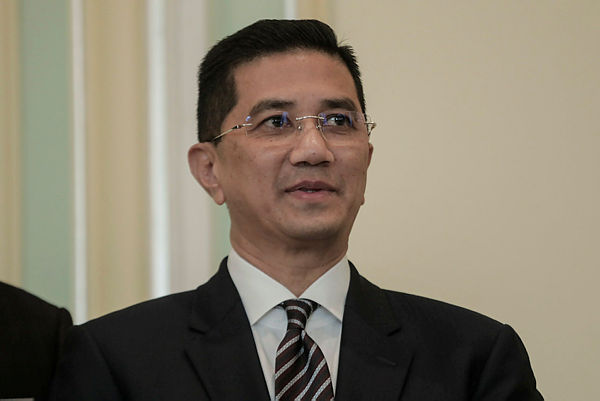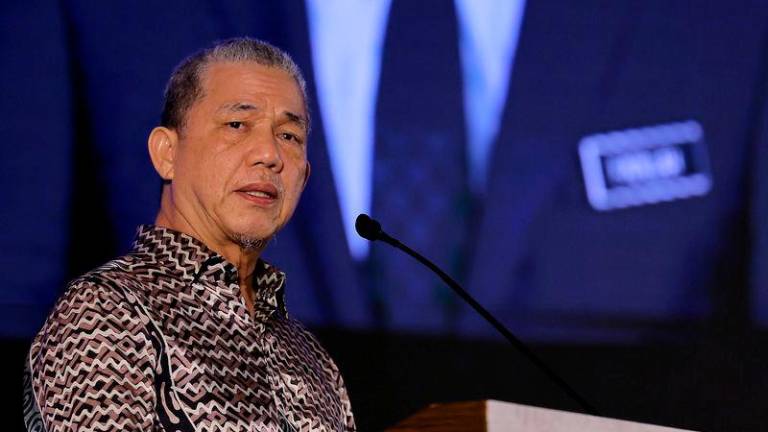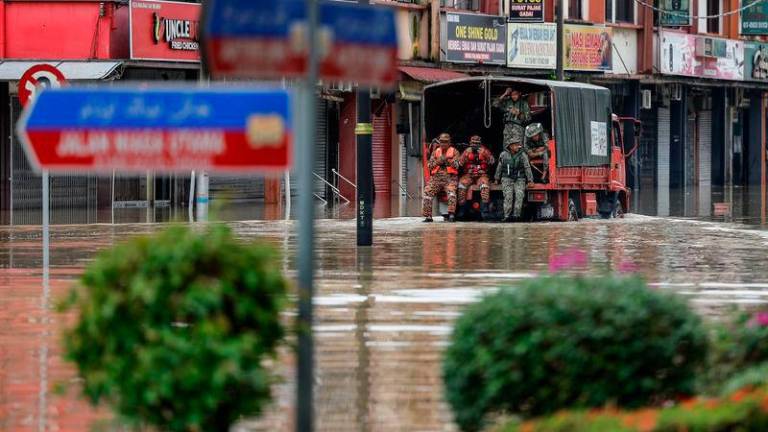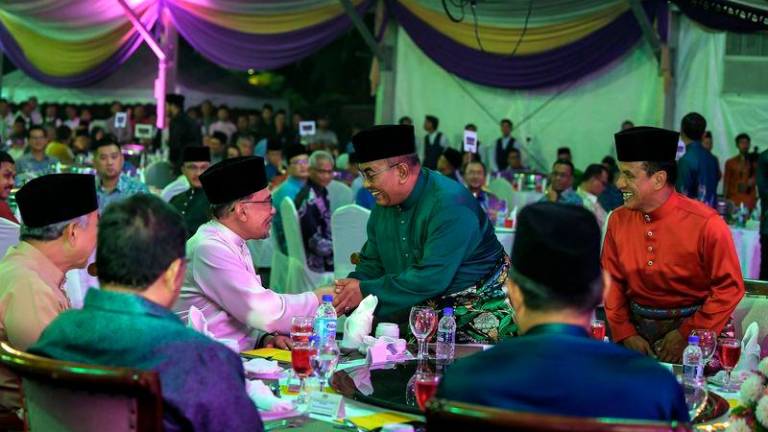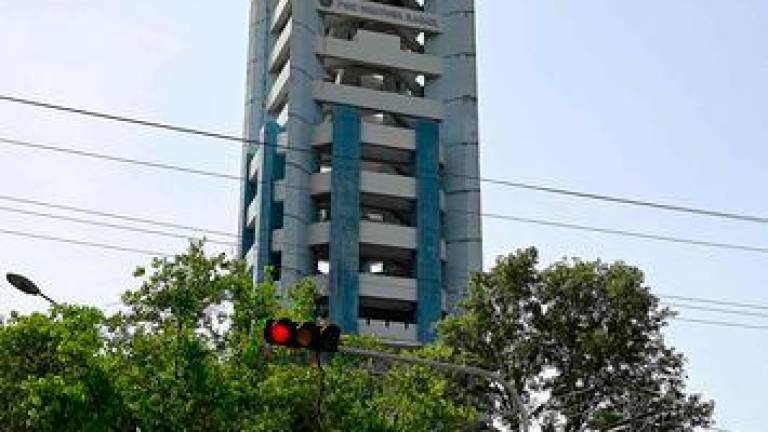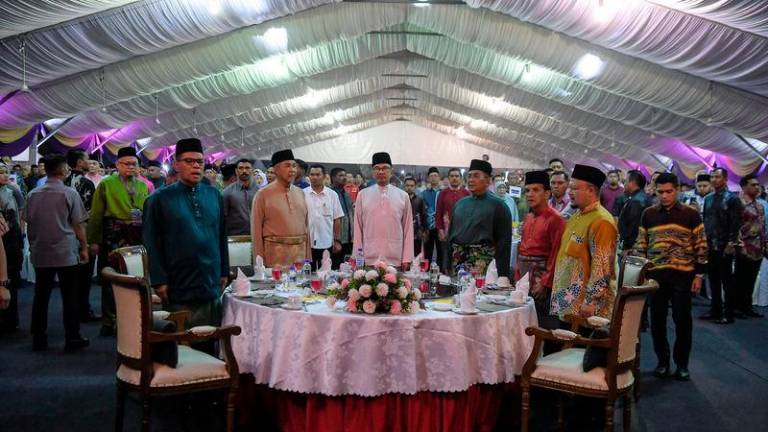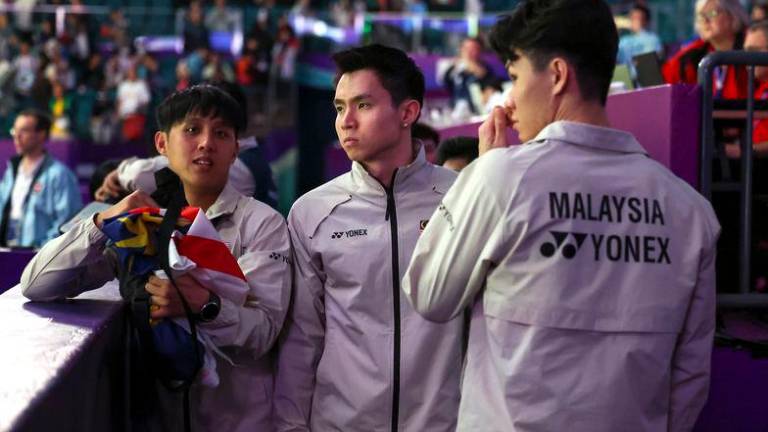KUALA LUMPUR: A total of 16 out of the 69 priority infrastructure projects (PIPs) under BIMP-Eaga Vision 2025 (BEV2025) with an estimated cost of US$22.7 billion (RM94 billion) have been completed to-date while the remaining projects are in various stages of implementation.
Economic Affairs Minister Datuk Seri Mohamed Azmin Ali (pix) said BEV2025 had set a target of being a region that is competitive and sustainable through various strategies, focusing on agriculture and fisheries development, usage of green technology in manufacturing and the development of the tourism sector.
BEV2025 is a regional cooperation under the Brunei-Indonesia-Malaysia-Philippines East Asean Growth Area (BIMP-Eaga).
”As emphasised by the Prime Minister (Tun Dr Mahathir Mohamad) at the 34th Asean Summit in Bangkok recently, it is time for the Asean countries to take the initiative specifically in increasing trade among the countries in the region.
“In this matter, special efforts must be implemented to strengthen trade relations among the 10 Asean member states.
“The Prime Minister also urged all member countries to encourage connectivity in all aspects, from digital infrastructure, regulations and control, as well as a community relations to create a ‘Seamless Asean’,” he said in a reply to an oral question from Awang Hashim (PAS-Pendang) in the Dewan Rakyat here, today.
He said this would open doors for each country to use their respective comparative advantages to increase cross-border trade.
Azmin was asked on the impact on the Malaysian economy due to the risks of uncertainty in the global environment, especially between the United States (US) and China.
Azmin said the trade war between the US and China had opened a window of opportunity for Malaysia to increase its commodity exports to China particularly palm oil which is an alternative to soybean oil and corn oil.
“In March 2019, Malaysian companies signed agreements worth close to US$900 million (RM3.7 billion) to supply 1.62 tonnes of palm oil to China. From the January to April 2019 period, palm oil exports from Malaysia to China grew almost 255,000 tonnes valued at RM1.4 billion,” he said.
Meanwhile, Azmin said under the Indonesia-Malaysia-Thailand Growth Triangle (IMT-GT) cooperation, 41 Physical Connectivity Projects (PCP) were listed with an estimated cost of US$47 billion (RM194.60 billion), out of which five projects were completed while the remaining projects were in various stages of implementation.
“The PIP and PCP initiatives will increase the connectivity and become the catalysts for trade activities, as well as population mobility for the economic benefits of the people and nations regionally.
“The government is confident these efforts will be able to ensure Malaysia remains on positive economic growth foundation towards achieving its target of a developed nation, inclusive and resilient,” he said. — Bernama



